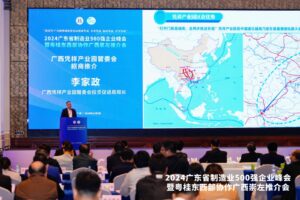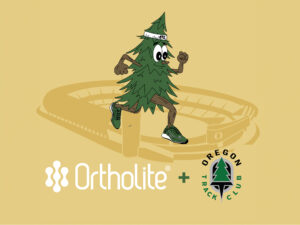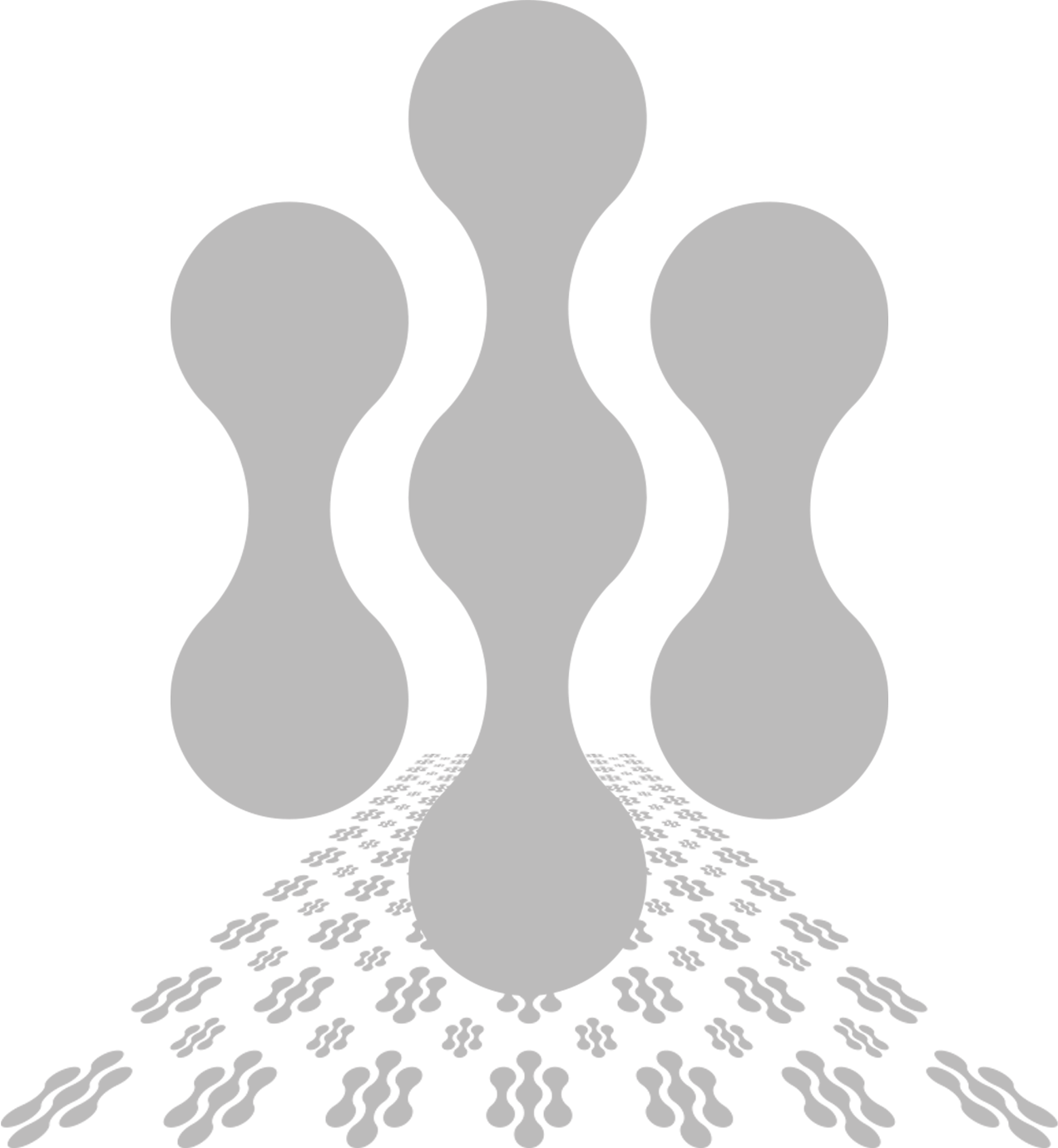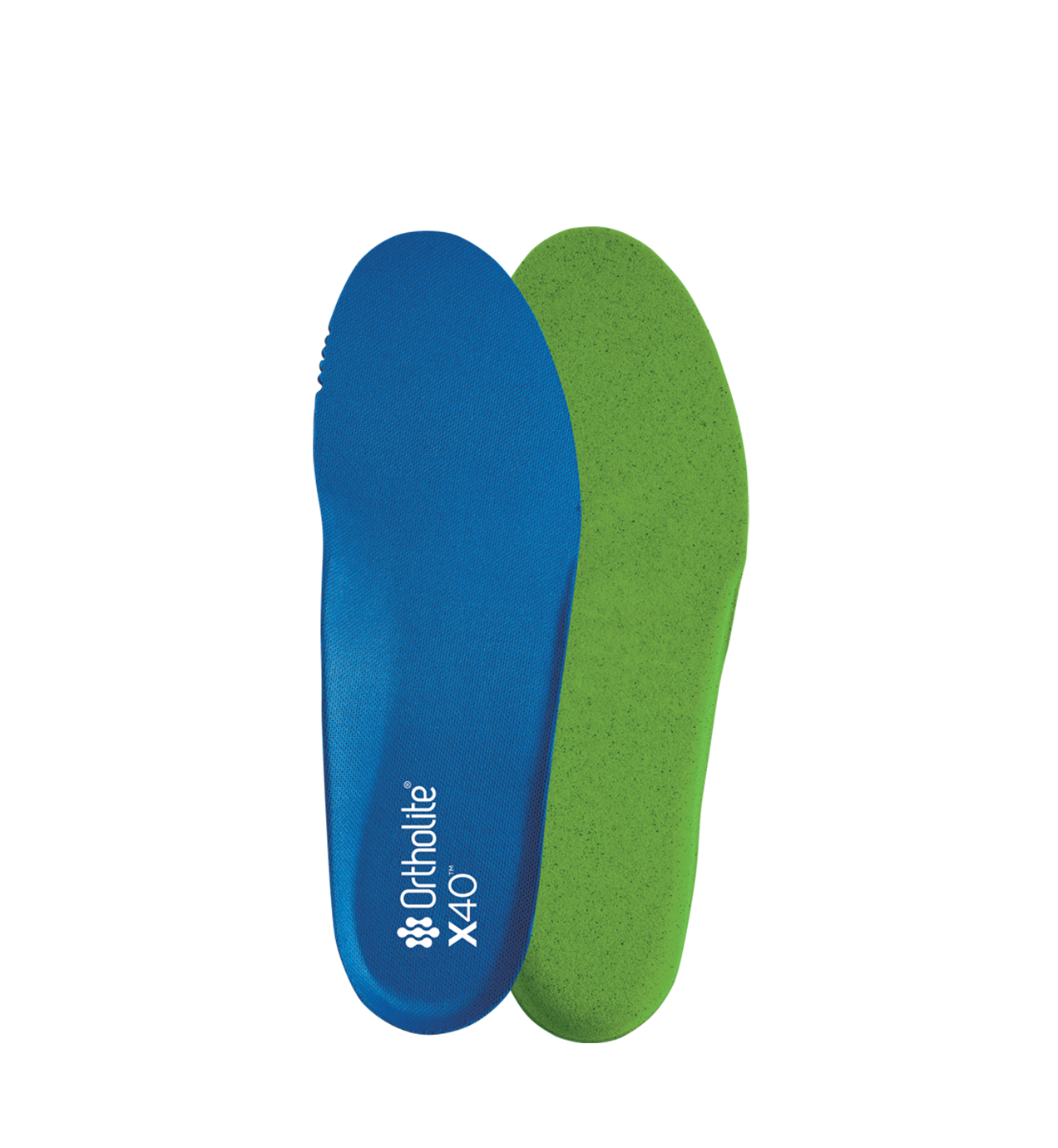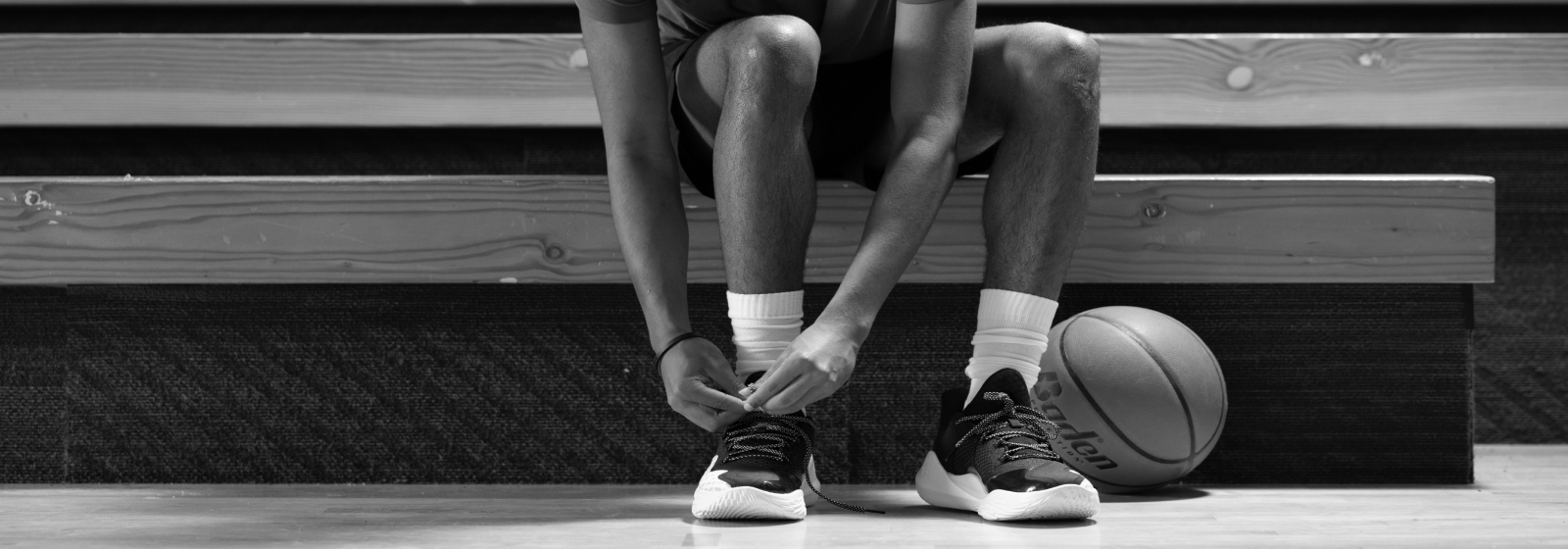The OrthoLite team is proud to announce that OrthoLite has earned Global Recycled Standard (GRS) certification for its insoles with a minimum of 20% recycled material. In addition, OrthoLite has achieved the Recycled Claim Standard (RCS) certification that covers all OrthoLite insoles.
“Achieving our first GRS and RCS certificates is a great step forward in our mission toward sustainability,” said Richard Bevan, VP of Operational Excellence for OrthoLite. “These accomplishments keep our team motivated to continue the journey.”
Though both address recycled content and certain processes associated with manufacturing and production, there are some differences between RCS and GRS.
What is Recycled Claim Standard (RCS) certification?
RCS certification is a voluntary, self-reported, international standard that is verified for accuracy by an accredited third party. The verification may include document review, document collection, and site visits.
RCS is intended for use with any product that contains at least 5% recycled material. All OrthoLite insole formulations meet the RCS standard and contain a minimum of 5% recycled material – the starting point for our portfolio of sustainable solutions.
The overall goal of participating in RCS certification is to join with other manufacturers to responsibly increase recycled content in materials in the global supply chain. Known as a chain of custody standard, RCS tracks every stage of a recycled material’s pre-consumer lifespan. Materials are tracked from the first recycling process (e.g. OrthoLite’s recycled rubber), to when they are sold in the new form in the final B2B transaction (e.g. OrthoLite insoles allocated to brand partners.
For OrthoLite and for our brand partners, RCS is another validation point.
GRS certification is another level of verification of recycled materials, and the process is slightly more complex. It is a more comprehensive step toward verifying OrthoLite’s active commitment to improving sustainable operations.
What follows is a brief overview of why GRS certification matters and what it entails. The information is credited to “Global Recycled Standard Implementation Manual 4.2,” prepared by the Textile Exchange, the governing body of the GRS.
What is Global Recycled Standard certification?
Global Recycled Standard is a full-product standard that:
- Verifies recycled content and material in a product;
- Guarantees responsible production, including strict social, chemical, and environmental requirements;
- Ensures chain of custody of materials from input source to recycling to final product;
- Provides credible certification through professional, third-party audits along the entire supply chain;
- Provides confident communication to brands and consumers that a product meets stringent GSR standards; and
- Encourages stakeholder engagement with the input of global recyclers, suppliers, brands, retailers, and manufacturers.
Global Recycled Standard certification is a voluntary process.
Who was the third-party verifier for OrthoLite’s GRS?
Bureau Veritas was our outside GRS auditor for our Vietnam facility (OVN). OVN achieved 196 points out of possible 200 points in the initial audit, a score that proves we’re intent on leadership in sustainability, not just accruing accreditations. It took only a few changes and a few weeks to reach the maximum rating of 200 points.
What are the goals of GRS on a global level?
The goals are twofold:
- To increase the use of recycled materials in new products, and
- To reduce and eliminate harm caused by production using recycled content.
Inherent in the goals is also a framework of objectives so the GRS, and participating manufacturers, can evolve sustainability performances over time. That framework of objectives includes:
- Agreeing upon definitions across varied applications,
- Tracking recycled source materials,
- Providing tools for brand and consumers to make better informed decisions,
- Reducing harmful impacts from production,
- Verifying materials are truly recycled and processed sustainably, and
- Driving innovation around quality and implementation of recycled materials.
Why did OrthoLite choose to participate by earning GRS certification?
Since we made our very first OrthoLite insole in 1997, every OrthoLite product has included a minimum of 5% recycled material. Increasing recycled content and bio-content has been an ongoing mission. Our current product line spans the spectrum of increased eco-content, culminating in OrthoLite Recycled insoles with 98% eco-content.
We seek third-party certifications, like GRS, for three reasons.
- Transparency and outside verification for every claim,
- To learn best practices from industry partners, and
- To share our own best practices in sustainability with industry partners.
Is GRS an international standard?
Not exactly. While technically not an international standard–in ISO terms–GRS is internationally recognized and respected.
GRS is based on the ISO 14021 definition of “recycled content.” It is also informed by the US Federal Trade Commission Green Guides, to elevate the standards “to the most widely recognized and stringent definitions.” Further, ISO Guides and Directives are used to shape the development and revisions of the GRS standards and guidance.
GRS is fully voluntary and is in addition to any legal and regulatory governmental requirements.
Who determines if a product line or facility meets GRS qualifications?
Facilities or manufacturers must hire a third party verifier to determine if they meet GRS qualifications as outlined by the Textile Exchange.
GRS is notoriously complex to navigate. Why is that?
GRS is ultimately about the process of working with and maximizing recycled materials. GRS was designed for the textile industry, and as such, was not designed to consider vertically integrated supply chains like OrthoLite’s.
In OrthoLite’s view, the complexity isn’t a function of the standard itself. We see it as a recognition that the standards and processes can and should be in a near constant state of evolution. Innovation is a central objective of GRS, so the standards need to be dynamic–ready to embrace and implement new materials, technologies, and science that support more sustainable operations and products.
What elements of the input materials’ production cycle are reviewed?
The GRS reviews products made with a minimum of 20% recycled material, and covers:
- Material Collection, which is “… the point in the recycling lifecycle when a reclaimed material is collected after its original use has ended (i.e.: it would have otherwise gone into the waste stream).”
- Material Concentration, which is how a reclaimed material is handled after collection and before processing. This may include cleaning, screening, sorting, baling, removing contaminants, etc.
- Material Recycling, which is when a reclaimed material is transformed into a recycled material.
What aspects of manufacturing does GRS address and establish requirements for?
GRS addresses:
- Materials Requirements: To confirm “claimed” materials meet the definition of “recycled materials.”
- Supply Chain Requirements: To verify chain of custody from input to final product.
- Social Requirements: To attest that workers at GRS-verified facilities are protected with strong and appropriate social policies.
- Environmental Requirements: To confirm facilities that produce GRS products are compliant with local regulations and have robust environmental protections in place. These may include: energy use, water use, wastewater management, air quality, waste management, and more.
- Chemical Requirements: To ensure chemicals used in GRS products aren’t exceedingly harmful to humans or the environment. This is a limited scope requirement and only applies to production of GRS products, not the full facility or to the final chemicals included in a GRS product.
What, exactly, did OrthoLite earn?
OrthoLite earned a GRS Scope Certificate that covers the following operations at the facility:
- Molding (PR0018)
- Manufacturing; (PR0016)
- Packing (PR0020)
- Warehousing, distribution (PR0031)
- Buying house (PR0034)
Big thanks and compliments are due to the entire OrthoLite team. Achieving GRS and RCS was truly a team effort. We celebrate your accomplishment and your demonstrated leadership in sustainability!

